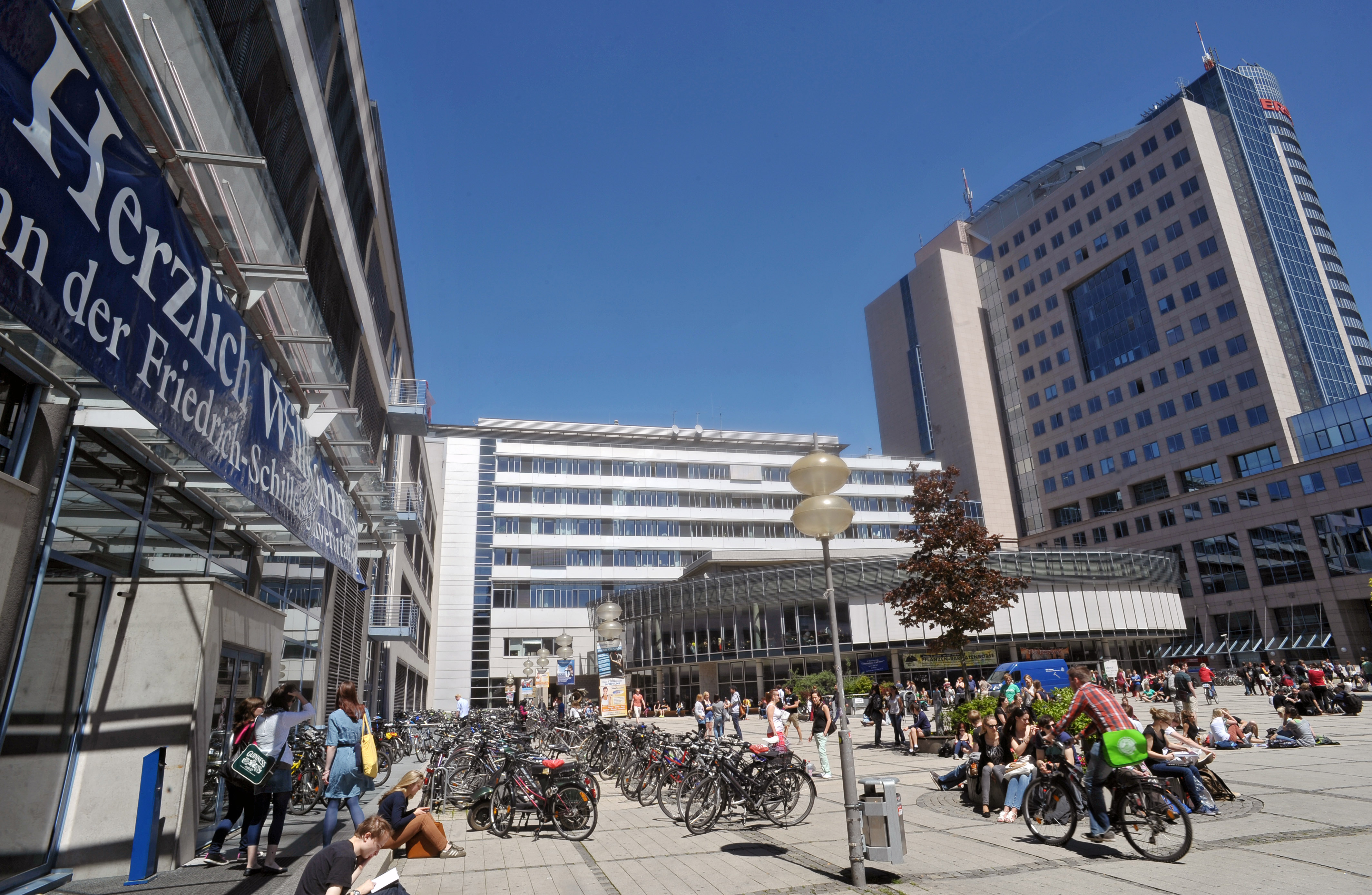Scroll to Section:
After Joseph Schumpeter, economists have given much credence to the role that new business formation plays in regional economic development. In this video, MICHAEL FRITSCH argues that not all Start-Ups are created equal and proposes a more balanced assessment of the factors underlying economic development. Fritsch’s research takes a region-based approach and finds that up to two-thirds of the positive economic effects of new business formation are locatable in incumbent businesses that react effectively to the emergence of innovative challengers. The research poses important questions for economists and governments alike who need to consider not only how to encourage entrepreneurial innovation but also how to support existing businesses to effectively respond to new competitors.
DOI:
https://doi.org/10.21036/LTPUB10636
Institution

Friedrich Schiller University Jena (Friedrich-Schiller-Universität Jena)
The Friedrich Schiller University Jena is the only traditional university in the German state of Thuringia with 10 faculties covering all disciplines. It was founded in 1558 and today offers a broad range of almost 200 different study programmes ranging from archaeology to Studies in Economics. The student body comprises about 18,000 students who, in various rankings and studies, have time and again born testimony to the good academic and study conditions at their university.
The Friedrich Schiller University is characterized by high and strong research dynamics. It has been a long tradition at the university to work interdisciplinarily, and close cooperation with non-university research institutions and the industry have always had great importance. Research at the Friedrich Schiller University focuses around the three keywords “Light – Life – Liberty”.
Special attention and support is given to young scientists and academics at the University of Jena. With it's nationwide recognized Graduate Academy, the Friedrich Schiller University puts great emphasis on optimal qualifications and the highest possible quality standards. The more than 120 cooperation agreements with universities around the world underline the international orientation of the Friedrich Schiller University who has also been able to build up a reputation of preserving culture thanks to its 42 collections and museums. (Source: University of Jena)
Show more
Original publication
Entrepreneurship and Growth
The Routledge Companion to the Makers of Modern Entrepreneurship
Published in 2017
Reading recommendations
New Business Formation and the Productivity of Manufacturing Incumbents: Effects and Mechanisms
Journal of Business Venturing
Published in 2014
The Effect of New Business Formation on Regional Development
The Wiley Handbook of Entrepreneurship
Published in 2017
Historical Roots of Cultures of Entrepreneurship and Innovation Activity - An Analysis for German Regions
Published in 2018Beyond
A Ground-breaking Scientific Revolution
An Alarming Challenge for Society
If I Had a Second Life
A Personal Reading Recommendation




